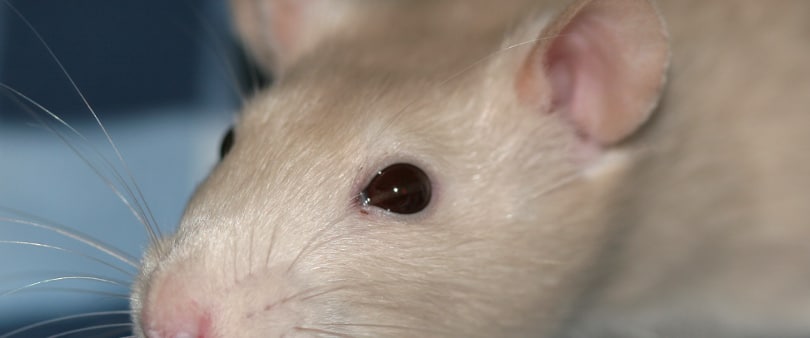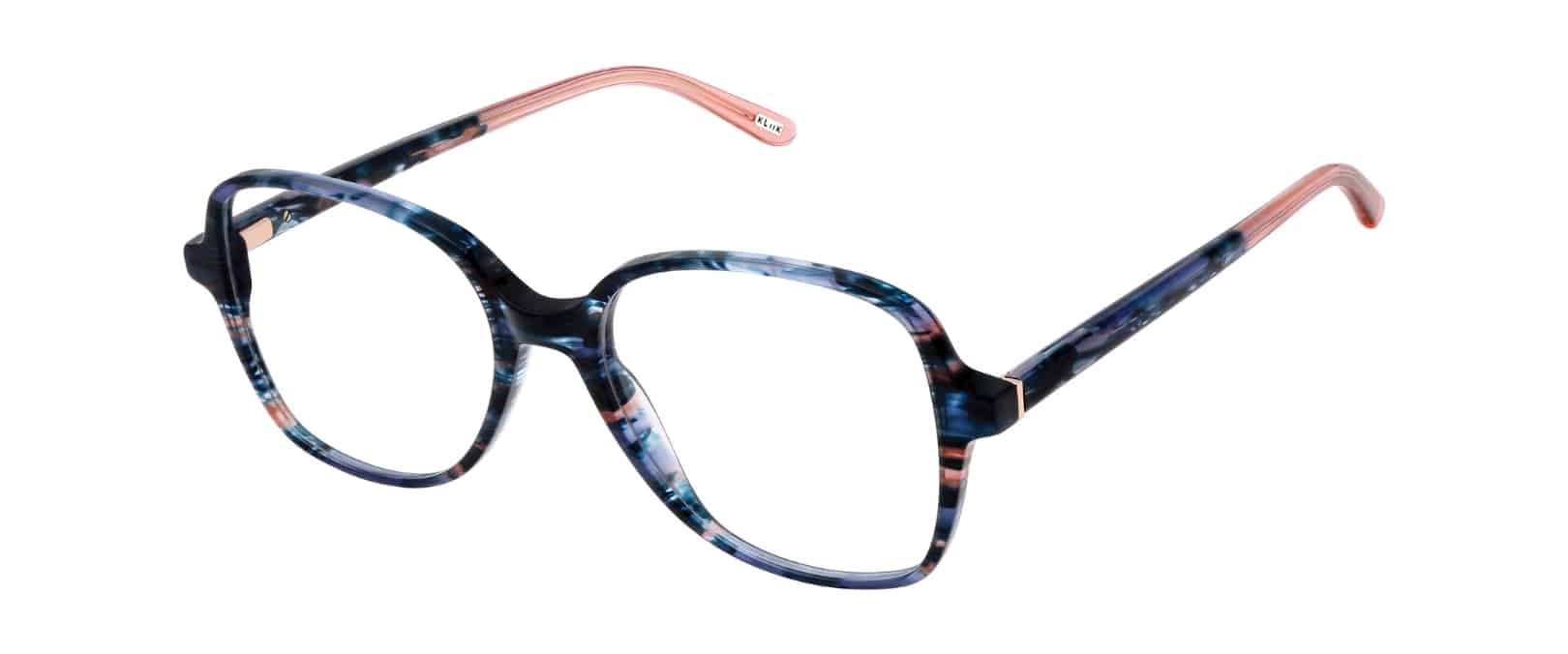Organic Retinal Prosthesis Restores Vision in Rats
Thursday, March 16 2017 | 00 h 00 min | Vision Science
Scientists at the Italian Institute of Technology have developed a prosthesis that can be implanted into the eye to serve as a substitute for the damaged retina.
In degenerative diseases such as retinitis pigmentosa, the photoreceptive cells in the retina die off but the retinal nerve cells are left intact. An implant of organic photoreceptors, such as the one developed by Fabio Benfenati et al. and reported in the March 2017 issue of Nature Materials, can interface with the undamaged retinal nerves and function as a replacement retina to restore an amount of vision.
A layer of semiconductive polymer on a silk-like substrate acts as a photovoltaic device, converting incoming photons into an electrical signal to stimulate the rat’s retinal neurons. The Royal College of Surgeon (RCS) rat, a rat bred to inherit retinal degeneration and widely used for research into hereditary retinal dystrophies, was used as the model to test the implants.
30 days after surgery to implant the artificial retinas, the pupillary reflexes responded to a light source of 4-5 lux (equivalent to a twilight sky) similarly to healthy rats, though a light source of 1 lux (slightly brighter than full moon) did not generate a response.
The rats were retested at six months and then again at ten months after surgery and the implants were still effective, with a measurable increase in the activity of the rats’ primary visual cortex when exposed to light sources.
The researchers are hopeful that these results will successfully translate to humans, and the first human trials are scheduled to begin in the second half of 2017.
Full paper available at: http://www.nature.com/nmat/journal/vaop/ncurrent/full/nmat4874.html








